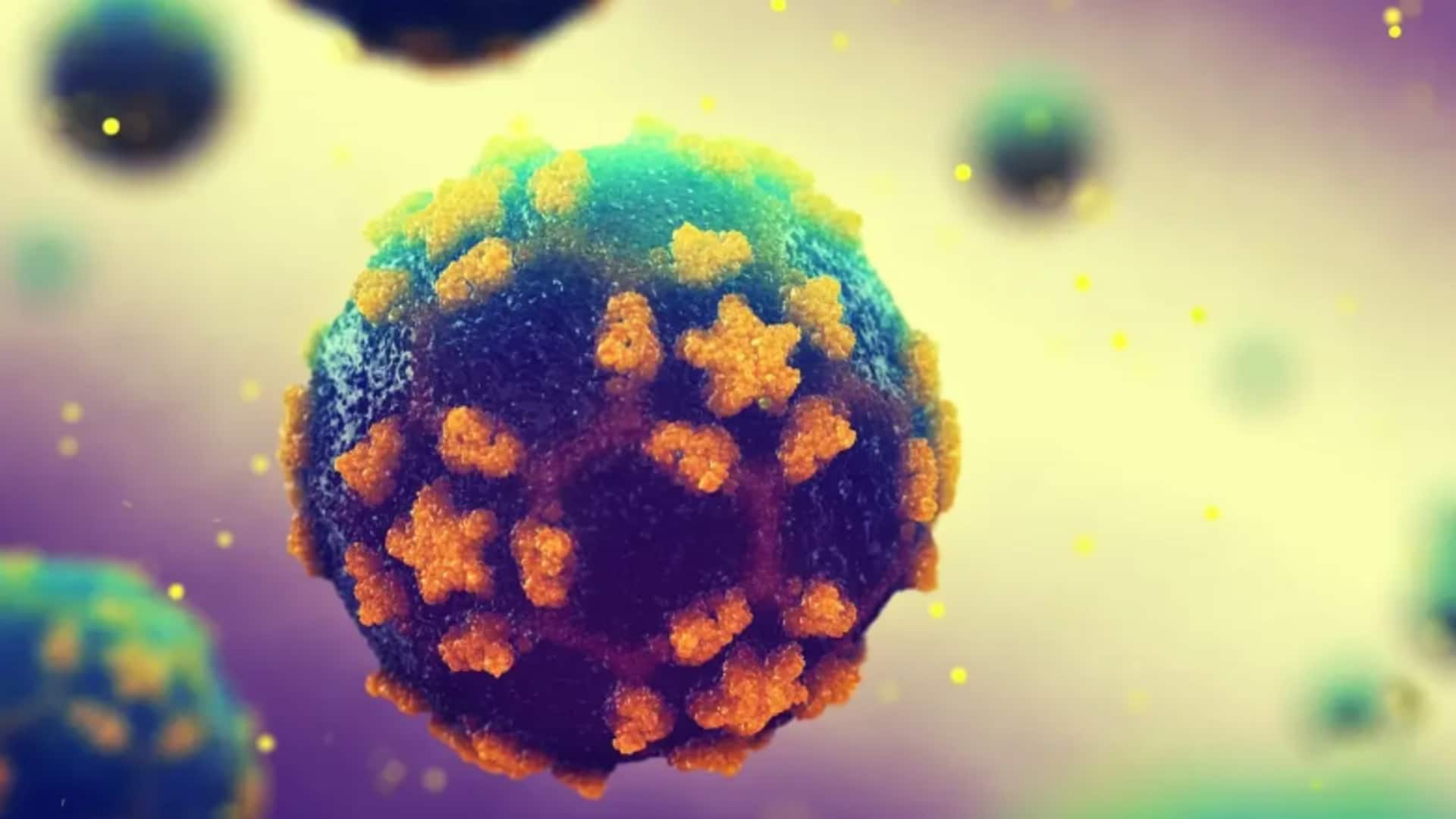
What's virus EV-D68 that causes paralyzing illness in children
What's the story
A respiratory virus known as EV-D68, which can lead to paralysis in children, is spreading across the United States. Wastewater samples have detected a significant increase in this enterovirus strain. In rare instances, D68 has been linked to acute flaccid myelitis (AFM), a condition that affects the nervous system and causes severe weakness in arms and legs.
Virus impact
D68 strain linked to acute flaccid myelitis
"We are detecting EV-D68 nucleic acids in wastewater across the country now, and the levels are increasing," said Alexandria Boehm, program director of WastewaterSCAN. Historically, September has been the peak month for AFM cases. The D68 strain started causing more serious problems in 2014 when the US saw a spike in pediatric AFM with 120 kids diagnosed that year.
Case pattern
AFM cases show an every-other-year pattern
Since 2014, larger waves of AFM have followed an every-other-year pattern, with significant spikes in 2016 and 2018. However, this pattern was disrupted in 2020 due to the COVID-19 pandemic lockdowns which drastically reduced viral spread. "We saw the virus that was previously driving the AFM cases, but we didn't see the AFM cases associated with it," said Dr. Kevin Messacar, an infectious disease specialist at Children's Hospital Colorado.
Immunity theory
AFM cases and potential immunity to D68 explored
Messacar suggested that the virus itself may have changed or more people in the US have been exposed and now have a level of immunity to D68. So far in 2024, 13 AFM cases have been confirmed by the Centers for Disease Control and Prevention. A total of 758 cases have been recorded since 2014, leaving hundreds of families and their children with lasting paralysis due to this virus.
About
What to know about enterovirus D68
The virus, believed to be pretty common, usually causes respiratory illness, which can range from mild, like a common cold, to more severe. In many cases, there are no symptoms. Infants, children, and adolescents pose the highest risk of getting ill from the virus. Enterovirus D68 spreads through respiratory secretions, specifically saliva and mucus, when an infected person coughs, sneezes, or touches a surface that another person then contacts. Currently, there are no specific treatments for the virus.